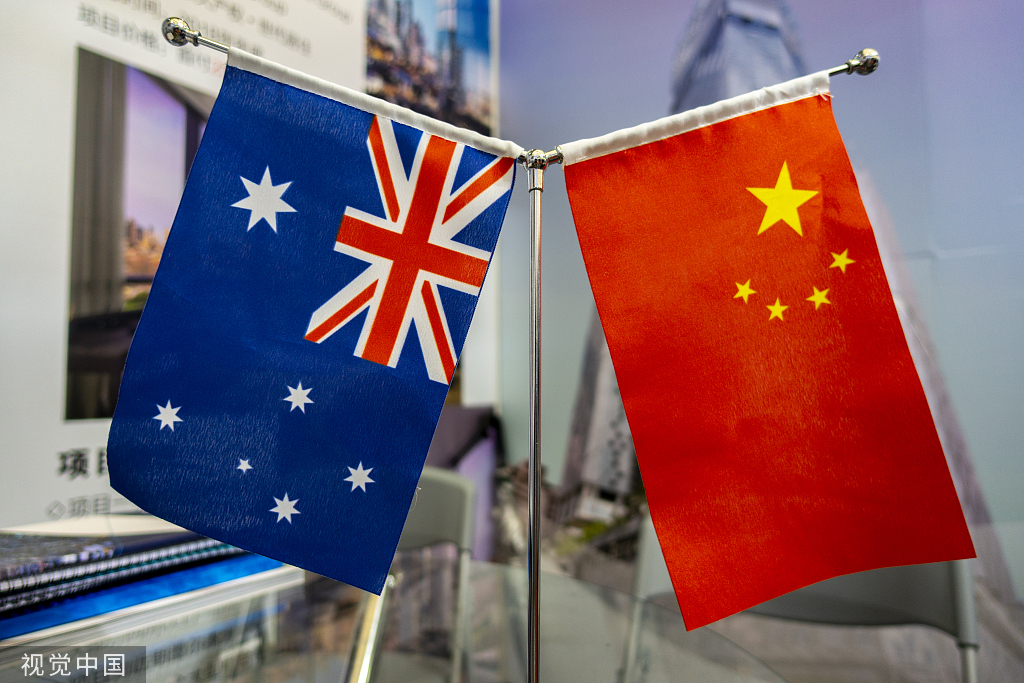Shared intent to improve bilateral relations: China Daily editorial
chinadaily.com.cn | Updated: 2019-11-04 20:10

China and Australia vowed to improve bilateral ties on Sunday during a high-level meeting between Premier Li Keqiang and his Australian counterpart Scott Morrison on the sidelines of a series of Southeast Asia meetings in Bangkok, a message that is badly needed for both sides to steer their damaged relationship out of troubled waters and onto a more stable and healthy terrain.
Li said China and Australia should step up joint efforts to enhance mutual understanding and trust, properly handle differences, and return bilateral ties to the normal track. These remarks show Beijing still attaches great importance to ties with Canberra despite the fact that the latter was responsible for souring relations.
Judging by Morrison's remarks, Canberra seems ready to work with Beijing to repair the much damaged ties. Stressing the Australia-China relationship is not a bargain, Morrison said Australia looks forward to resuming exchanges and cooperation in various fields.
Morrison also said Australia, as a sovereign state, does not need to choose between Australia-China relations and Australia-US relations. This can be interpreted as a reassurance from Canberra that it may steer its China policy clear of any potentially disruptive influence from Washington.
The latest Australian stance shows Canberra has realized anchoring bilateral relations onto the normal track, instead of harming them, serves its interests best. It is also commendable that Morrison, since winning the election in May, has emphasized the importance of the strategic partnership between the two countries on several occasions.
Yet for bilateral cooperation to fully leverage the benefits of the more pleasant climate, Australia needs to step forward and meet China halfway and work hard to maintain the correct and steady direction for bilateral cooperation. It should reflect on the lessons to be learned from the recent turbulence in bilateral ties and avoid the scenario of "making one step forward, two steps back".
One reason that bilateral ties have plummeted to such a low level is because Canberra has allowed the outdated "China threat" theory to dominate its policy toward China.
But with no historical grievance or conflict of fundamental interests standing between them, China and Australia should be able to forge friendly relations and they both have everything to gain from continuing to inject new vitality into bilateral cooperation.
Australia should view China's development as an opportunity, not a threat, and stop crying wolf in the face of normal people-to-people interactions between the two sides.
























